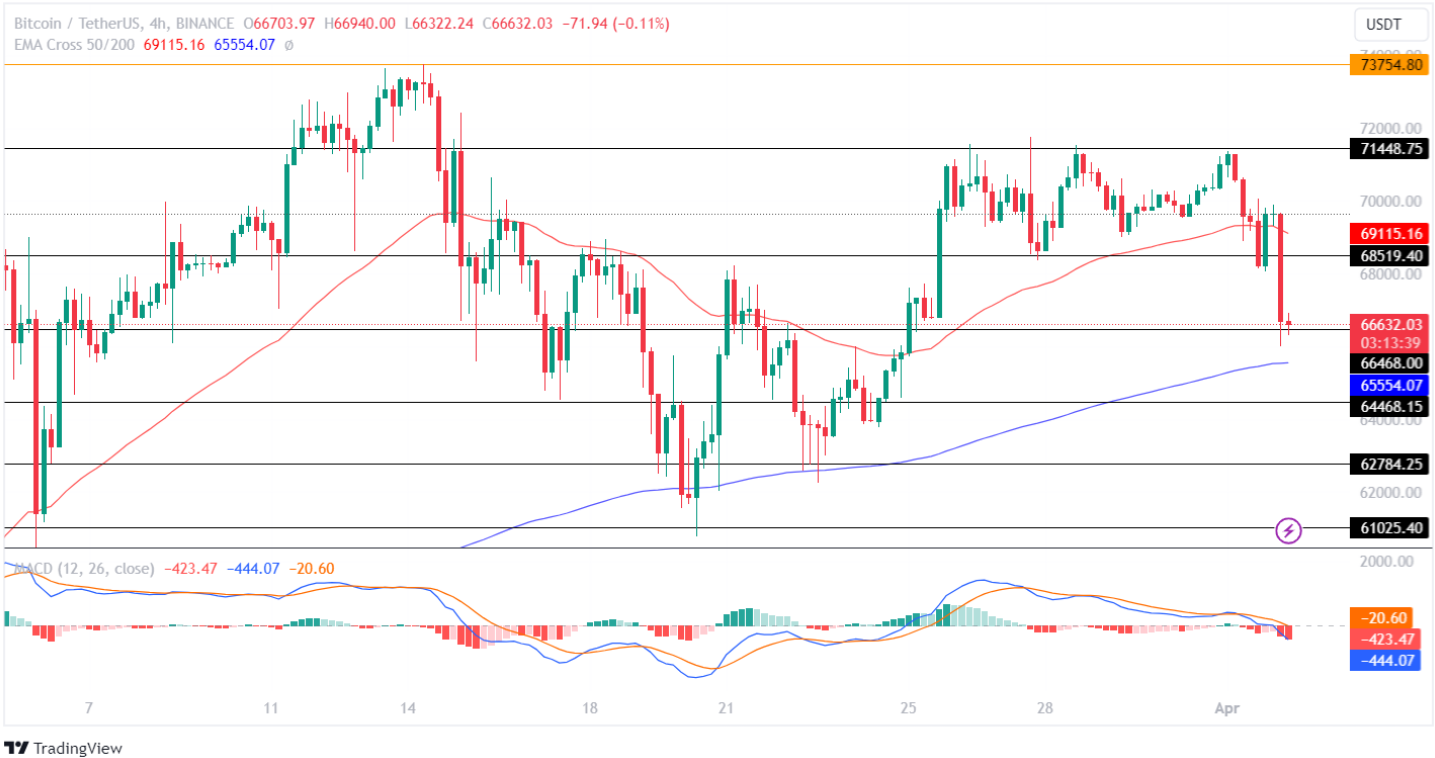In a game-changing decision that could revolutionize regulatory efforts in the world of cryptocurrencies, a federal judge in Washington, Judge Analisa Torres, recently determined that Ripple Labs’ token, XRP, is not to be classified as a security when procured by retail investors.
This remarkable resolution by the judge has prompted a seismic shift in the narrative surrounding cryptocurrencies and caught the attention of policymakers in Washington, introducing a new chapter in the dialog between cryptocurrencies and federal governance.
Breaking down the ruling
The judgment revolves around the ongoing debate about the nature of cryptocurrencies, where the Securities Exchange Commission (SEC) is advocating for a classification of certain popular cryptocurrencies, Ripple’s XRP included, as securities.
This designation would subject them to SEC scrutiny and potentially tag American crypto exchanges as unregistered securities brokers.
Judge Torres, however, outlined a difference between sales to institutional investors and those to retail purchasers, stating that XRP would be considered a security when bought by institutional investors but not when purchased by individuals.
The judicial lens employed to discern this was the ‘Howey Test,’ a legal gauge used to ascertain whether a transaction is an ‘investment contract,’ thereby making the sale item a security.
The judge’s determination rested on the premise that institutional investors possess more substantial information about XRP’s pricing compared to retail investors, influencing her decision.
Cryptocurrency enthusiasts responded positively to the ruling, with the price of XRP rocketing over 65 percent post-announcement, signifying the ripple effect this decision had on the crypto industry.
Implications of the decision
Unmentioned in the initial version of the deal, the terminology of ‘crypto’ and ‘cryptocurrencies’ instigated discussions about the broader implications of this ruling.
The anticipated Digital Asset Mining Energy (DAME) excise tax, proposing a 30% tax on firms employing computing resources to mine digital assets, was notably absent.
The omission, driven by environmental concerns over fossil fuel consumption in mining, was seen as a victory for the industry, although ironically, it appeared as a triumph for fossil fuel proponents as well.
The debt ceiling agreement featured a clause fast-tracking a natural gas pipeline project. Expected to distribute natural gas from the Marcellus and Utica shale gas fields to mid and south Atlantic regions of the U.S., this could indirectly benefit bitcoin miners who utilize excess natural gas for their operations.
An increase in natural gas infrastructure could lead to enhanced production, resulting in increased surplus gas and thus more energy sources for miners. The favorable response from bitcoin to the agreement further corroborated this notion.
A shift in the crypto narrative in Washington
As Washington’s gaze slowly shifts towards the crypto industry, the ruling becomes a pivotal point in the ever-evolving crypto narrative. The verdict drew applause from Ripple’s CEO, and even the SEC was not entirely critical, hailing the institutional sales aspect of the ruling.
Following the verdict, Coinbase, a crypto exchange previously sued by the SEC, restarted XRP trading, indicating a shift in stance and signaling Washington’s burgeoning interest in the crypto market.
The exclusion of a crypto mining tax permits the current administration to maintain a neutral stance on bitcoin, which seems to be a contentious topic.
As Washington’s interest in cryptocurrency grows, keeping tabs on political discourse regarding crypto assets becomes increasingly crucial, offering a glimpse into the evolving landscape of cryptocurrencies in the wake of this ruling.
With the effects of this judgment still unfurling, it is clear that this is a major moment for the crypto industry and Washington alike.





